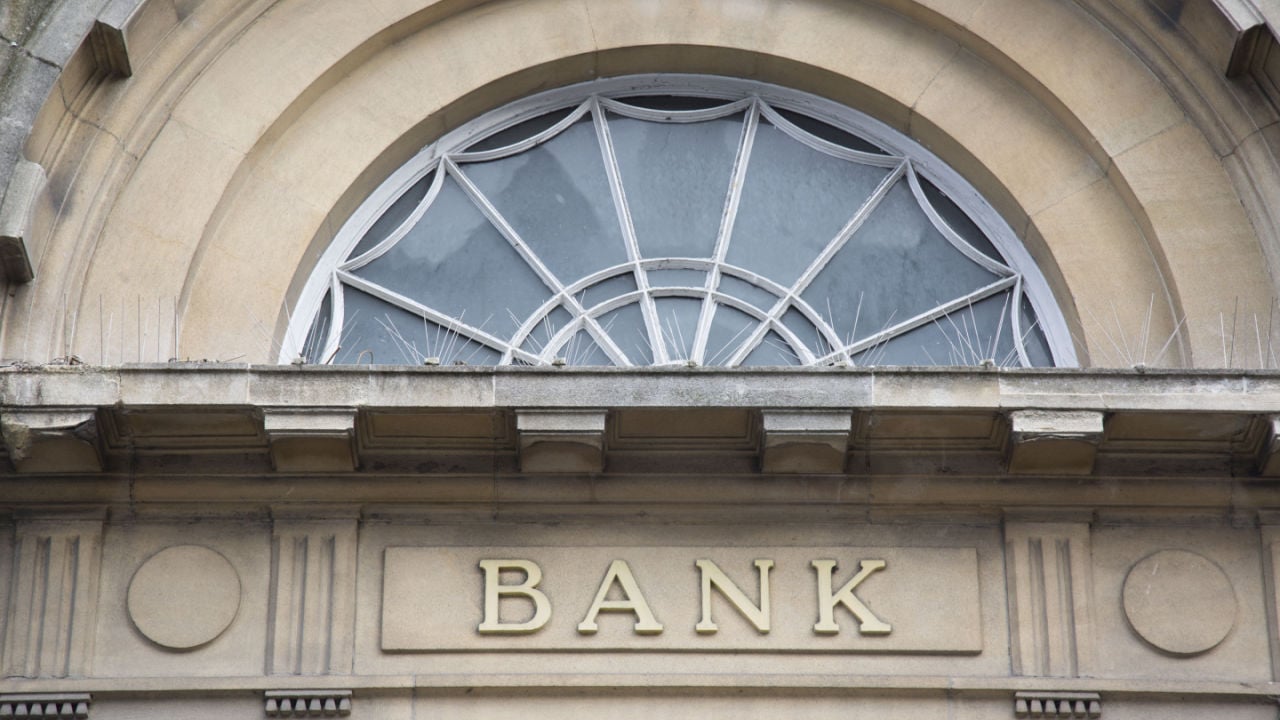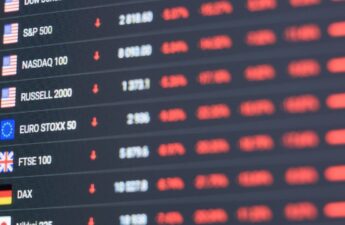Bank walks are a new liquidity movement phenomenon identified by analysts, characterized by a slow drift of deposits to take advantage of better yield opportunities. Such “walks” might prove to be pernicious to the banking system, as they cannot be stopped and have effects on credit availability.
What Are ‘Bank Walks’?
Bank walks, so called by analysts due to their slow action when compared to bank runs, are slow movements of deposits caused by the constant search for higher yields. According to an ongoing study titled “Destabilizing Digital Bank Walks,” they “cannot be stopped by any deposit insurance and that will undermine the stability of the banking system in the months to come.”
The study remarks that regulators often consider deposits as sticky, meaning they are composed of the savings of depositors, and don’t move often. This means that banks can put part of these deposits into treasuries of a determined maturity. However, the study found that these deposits, as a consequence of digital banking, are not so sticky as they were once considered, and can move around the financial system freely.
This exposes banks to losses derived from the sale of treasuries and other instruments before their maturity, and banks can only absorb so much of the losses before defaulting.
Alleged Negative Effect on Credit
Subsequently, bank walks are said to have a negative effect on the availability of credit. The slow siphoning of funds to higher yield alternatives such as money market funds operating the U.S. Federal Reserve reverse repo, could lead to a credit crunch. There are currently more than $2 trillion in funds that are part of this facility, which was created back in 2013.
According to Jim Bianco, president of Bianco Research, a market analysis firm, the United State Fed’s upcoming interest rate decision could be decisive in the further development of a “bank powerwalk.” On April 9, he stated:
If the Fed decides to raise rates again, next month, money market funds will soon be advertising yields with a five handle. That will turn the bank walk into a ‘bank powerwalk.’
Bianco added that this outflow of deposits is likely to affect small companies that employ the majority of the workforce of the country, which are served best by small and medium-size banks.
What do you think about the concept of bank walks and their hypothetical effect on credit? Tell us in the comment section below.
![]()
Sergio Goschenko
Image Credits: Shutterstock, Pixabay, Wiki Commons
Disclaimer: This article is for informational purposes only. It is not a direct offer or solicitation of an offer to buy or sell, or a recommendation or endorsement of any products, services, or companies. Bitcoin.com does not provide investment, tax, legal, or accounting advice. Neither the company nor the author is responsible, directly or indirectly, for any damage or loss caused or alleged to be caused by or in connection with the use of or reliance on any content, goods or services mentioned in this article.
More Popular News
In Case You Missed It
Source: https://news.bitcoin.com/explaining-bank-walks-study-assesses-how-they-might-affect-credit/




